- Tokenization involves creating digital representations (tokens) of real-world assets on a blockchain, allowing them to be bought, sold, and traded efficiently.
- These tokens are governed by smart contracts that define the rules and conditions of the token's ownership and transferability.
- The blockchain's immutable ledger ensures transparency and security, providing a trustworthy environment for asset tokenization and exchange.
Been scratching my head over something recently folks. This whole concept of tokenization of real-world assets on the blockchain, how does it work? Like, how can real estate or art be represented as tokens on the blockchain? It's a little confusing to me. Any insight or personal experiences would be pretty awesome. Cheers!
Hmm, sounds a bit tricky to me. Not sure if the tech is robust enough for this yet. What do you reckon? Have there been any practical applications so far?
From my understanding, blockchain’s decentralized nature enables assets to be tokenized and traded securely. It’s a significant innovation but not without potential issues. Would love to hear more opinions!
Sure, diving into the tokenization process, essentially it's all about turning rights to the asset into a digital token. Let's say there's a building worth a million bucks. That can be broken down into 1 million tokens each representing a 1/1,000,000 stake in the property. Now when it comes to actually buying these tokens, you'd use cryptocurrency and in turn, they get recorded on the blockchain ledger. This makes things pretty transparent and fraud-resistant, because you can track who owns what easily. Plus, it opens up the market to smaller investors who might not have had the means to invest in high-value assets before.
Anyhow, just remember the regulatory landscape is still catching up, so it's important to stay informed and maybe consult with someone who's a pro in legal and blockchain stuff before dipping your toes in tokenized assets. What do you folks think about the regulatory challenges here?
Absolutely, tokenization has the capability to democratize investing by granting access to a wider array of participants. This is possible because the entry cost is lowered - you don't necessarily have to buy a whole asset; rather, you can own a piece of it which is more manageable for many people. Plus, there's a level of liquidity provided by tokenization that's not always there with traditional asset ownership. If someone wants to sell their tokens, they can potentially do so on a secondary market, making it easier to cash out when needed. This sort of fluidity can be a game changer. Also, the tech side is also exciting – smart contracts automate many of the processes, reducing the need for middlemen and hopefully, costs and errors too. What's your take on the impact of smart contracts in this whole tokenization scenario?
While the automation and efficiency of smart contracts are praised, they come with their own set of risks, like coding errors or security vulnerabilities that could be exploited. Not to mention, the reliance on the underlying code being rock solid; if there's a flaw, it could lead to serious financial losses and legal headaches.
That's a solid point regarding the risks of smart contracts, and I totally understand the hesitation some have around it. Moving past that, have we considered the implications on asset liquidity? Tokenization can potentially turn illiquid assets like real estate into more fluid investments that are easier to divide and transfer. It's quite a shift from traditional methods, and it could have a significant impact on how we approach asset ownership in the future. Does anyone here have thoughts on how this increased liquidity could change the game for investors, especially in traditionally illiquid markets?
- How can cryptocurrencies be used to improve the efficiency and transparency of supply chain management? 1
- What are some reputable cryptocurrency exchanges that allow margin trading? 5
- What are the potential risks and security concerns associated with the use of cryptocurrencies? 2
- Are there any recommended crypto wallets for beginners? 6
- What are some popular altcoins or alternative cryptocurrencies that are worth considering for investment? 5
- What are the legalities around accepting cryptocurrencies as a small business? 13
- Can you recommend any user-friendly wallets for beginners in the cryptocurrency space? 4
- Can someone explain the concept of Liquidity Pools in DeFi? 7
- How do decentralized exchanges ensure the security of users' funds without a central authority? 2
- What are some promising crypto projects you are currently watching and why? 9
- How do the privacy features of Monero differ from other cryptocurrencies? 4160
- Can you recommend any trading bots or automated tools for cryptocurrency trading? 3088
- How does a 51% attack on a blockchain network work? 2627
- What's the role of Gas in the Ethereum network? 2138
- How can one identify and avoid crypto scams and Ponzi schemes? 1325
- How can cryptocurrencies be used to empower individuals in unbanked or underbanked regions? 1191
- What's the significance of Bitcoin's 21 million coin limit? 927
- What are the legal implications of holding cryptocurrencies in country X? 870
- Can you recommend any wallets or exchanges that offer enhanced privacy features like coin mixing or stealth addresses? 855
- What are some legal strategies to minimize taxes on crypto investments? 850

We have compared the best crypto exchanges for you. Just take a look at our free crypto exchange provider comparison.

We have compared the leading crypto tax tool providers for you. Check out our free crypto tax tool provider comparison.
The Best Bitcoin Mining Providers at a Glance
» Infinity HashFrom our perspective, currently the best mining provider on the market. With the community concept, you participate in a mining pool completely managed by professionals. A portion of the earnings are used for expansion and maintenance. We've never seen this solved as cleanly anywhere else.
» Hashing24A well-known and established cloud hosting company. With a good entry point and in a good market phase, a good ROI can also be generated with some patience. Unfortunately, we see the durations as a major drawback.
Blog Posts | Current

The Role of Cryptocurrencies in Venture Capital: A New Frontier
Introduction - Understanding Cryptocurrencies and Venture Capital As technology evolves, so does our understanding of what makes a valuable asset. The...
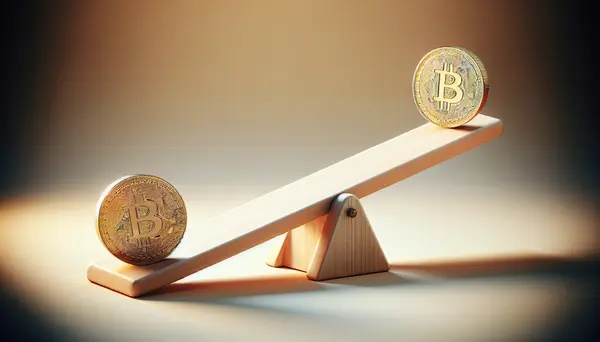
Bitcoin's Rise and Fall: Historical Analysis
Introduction: Bitcoin's Dynamic Journey Bitcoin, the world's first and most recognized digital currency, is often the subject of dramatic headlines, featuring...
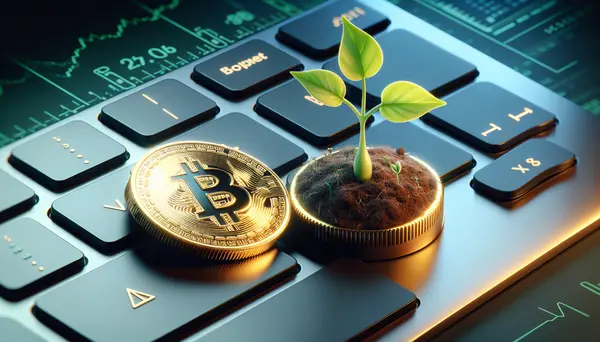
Investment Tips for the Budding Crypto Millionaire
Introduction: An Insight into Crypto Investment If you're venturing into the promising world of cryptocurrencies, a solid investment strategy can be...
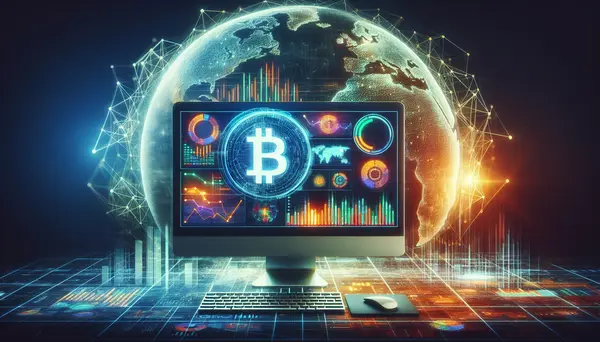
Mastering Technical Analysis for Bitcoin Trading
Introduction to Technical Analysis for Bitcoin Trading Trading in the cryptocurrency world, particularly Bitcoin, requires careful decision-making and strategic planning. One...
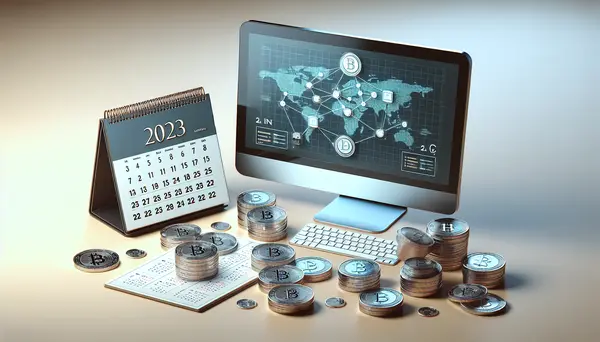
Top 10 ICOs to Watch in 2023
Collateral Network (COLT) Collateral Network (COLT) is a next-generation decentralized lending platform that leverages blockchain technology to facilitate secure and efficient...
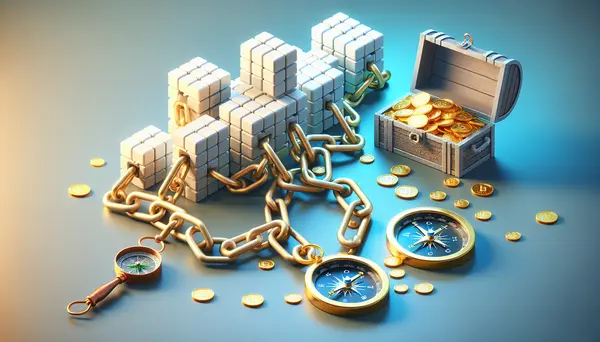
Blockchain's Potential Beyond Cryptocurrency
Introduction: Blockchain's Potential Beyond Cryptocurrency When we hear the term "blockchain," most of us instinctively think of cryptocurrencies like Bitcoin and...
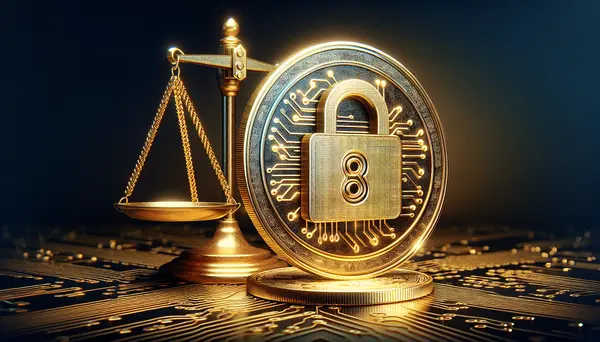
Understanding ICOs: Risks, Rewards, and Regulations
Introduction to ICOs Initial Coin Offerings, often shortened to ICOs, are an increasingly popular method of fundraising for new projects in...
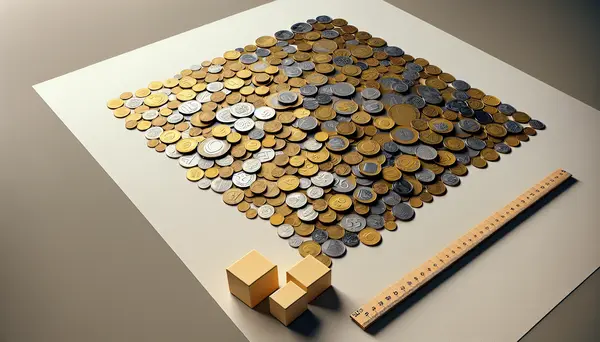
How to Build a Diversified Crypto Portfolio: A Step-By-Step Guide
Introduction: The Importance of Diversification Investing in cryptocurrencies can be both exciting and rewarding. However, it's crucial to remember that the...
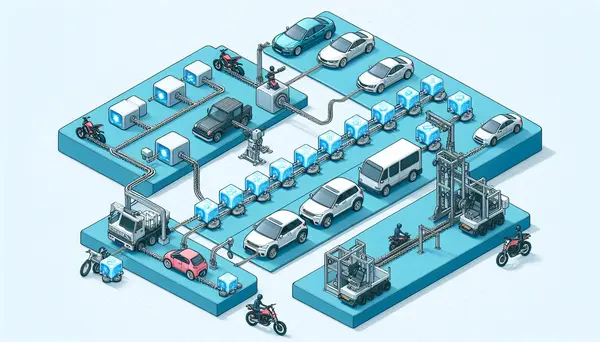
Blockchain's Influence on the Automotive Industry
Introduction: Unveiling the Power of Blockchain Blockchain technology is boldly advancing into a variety of industries, utterly transforming our occasional transactions...
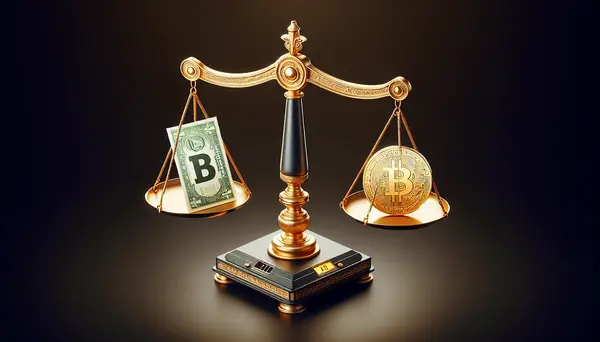
ICO vs IPO: Which is the Better Investment?
Introduction: Understanding ICO and IPO Before delving into the difference between ICO and IPO, it's crucial to understand what these terms...
